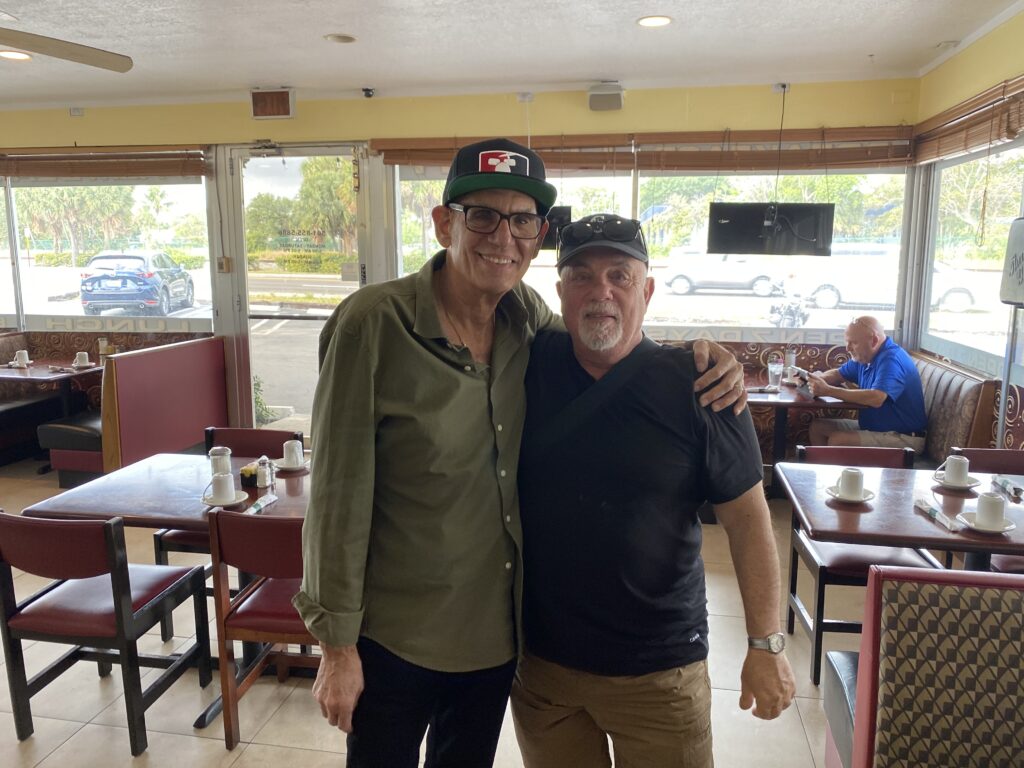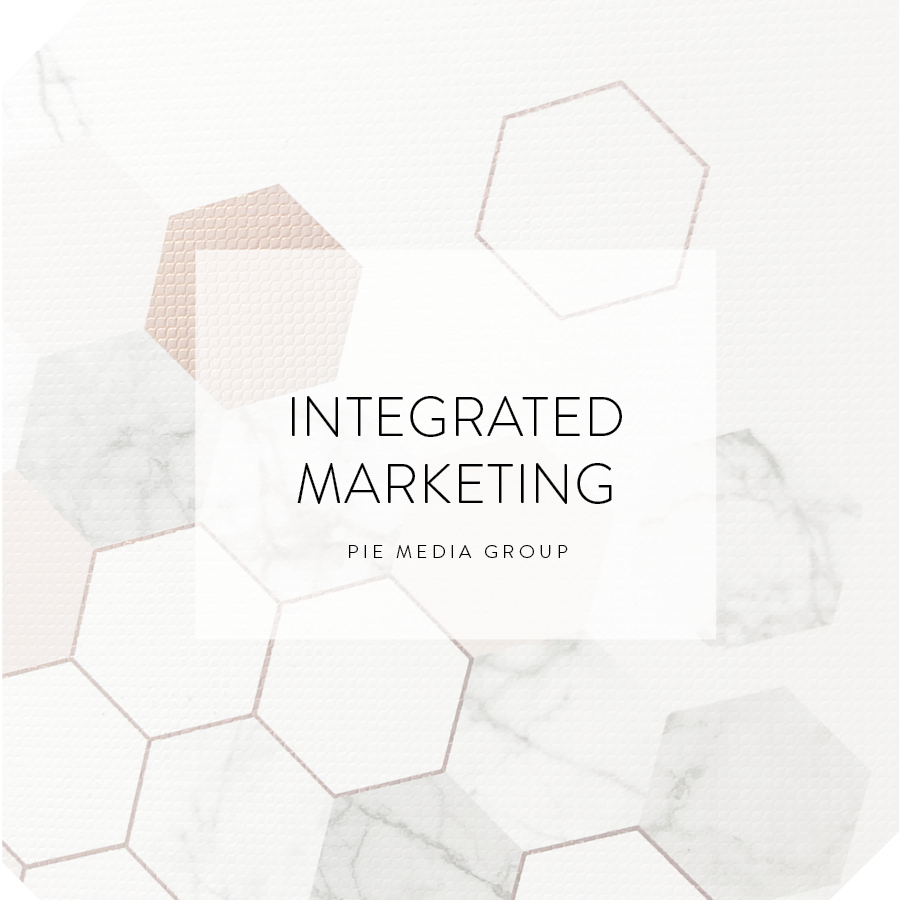
Music and life’s messes
By Dave Gordon
What’s it like being the drummer of one of the world’s most beloved and legendary rock stars?
Liberty DeVitto can tell you: he created the percussion grooves for 13 multi-platinum Billy Joel albums, that have sold more than 150 million copies. His new book Liberty: Life, Billy and the Pursuit of Happiness describes the story of a thirty-year collaborator, good friends, and how many of the legendary recordings came to be. “If Billy was the father of his songs, I was the uncle,” Liberty once said, serving as the sounding board for drafts of the hits, as well as the duds that were sent to the shredder.
Only the Good Die Young, by way of example, began as a reggae tune. DeVitto, who hated reggae, refused to play it. He bellowed ‘I’m not playing reggae!’ It was changed to a shuffle, for his sake, and in the alternate universe the 1977 classic would have never have been the mega-hit it was. Yet the book delves deeper, hitting the dissonant chords of the fifteen-year feud between Joel and DeVitto; tossing in a chorus of divorces, the disharmony of substance abuse, legal clashes, the night in jail. Toss in a bar fight, too. Joel wrote the foreword to the book — a combination of coda, salute, and deference to the estrangement’s end. Their eventual reconciliation was as simple as a meeting in a diner in South Florida, to talk about family and life. It no longer mattered who started the fire — the Storm Front ended because of Honesty, while Keeping The Faith for the Longest Time, and culminating in building a Bridge.
Here, Liberty talks about troubles in his life, music, and the pursuit of reconciling.
Why did you decide to write the book, and why now?
I actually started the book maybe fifteen years ago, maybe even longer than that… When I started, it was just about my family history. I sat down with my 94-year-old father and asked him questions about the family, about Italy, where we came from. I interviewed my aunts, and they told me stuff about my dad that I never knew. Then when Billy and I had this spat, I thought, “know what. I’m going to throw some of my life with Billy in there.” When my band, The Lords of 52nd Street, got inducted to the Long Island Music Hall of Fame, I was very upset at the break up with Billy. I wasn’t interested in hearing his music anymore. When I heard a song of his on the radio, I’d change the channel. At the induction ceremony we had planned to play one (Joel) song, but we played five, because the audience response was so great. Then we decided to tour as a tribute band, and in learning the songs all over again, I remembered what it was like to be in the studio to play Billy’s songs live. The only thing that was missing was the guy I used to look at, for thirty years. That friend. We were close. We spent time with friends and family. When he’d write a song, he’d ask me what I thought about it. We were really tight for a long time. I was saddened by the break-up and the way it ended. I sent him an email and said “this feud has got to stop.” … like my divorces, I came to realize it takes two to tango. Hopefully you mature and look at things in a different way.

So tell me how you reconnected with Billy, and how much of it did you plan in advance?
I don’t know if you’ve ever been divorced, or had an ex-girlfriend, and still had a love for that person? You might say to someone “I hate this person, I dislike this person, I hate what they did,” but inside you’re saying things you wish didn’t happen. You’re so upset about what happened, but you still feel for them inside. It was the same thing with me and Billy. We made beautiful music together. And now, we’re not talking to each other? Talking about each other through other people, in a negative way?! It wasn’t planned. I just wrote him an email and said “why don’t we get together? This feud has got to end.”
I asked him whether he wanted to get together in the evening or for breakfast, and he said that with his (young) kids, and putting them to bed, he’d have to meet me for breakfast. I knew right then, it was a different Billy. The Billy I knew, and the Liberty he knew, was: make an album, go on the road, make an album, go on the road… It was a new Billy, and it was a new Liberty too! I have a young one too. So we share that. And when we sat down to breakfast, we didn’t talk about anything in the past.
What did you two talk about?
We talked about our kids. We talked about people who were getting old, getting sick, the people that died in our lives. He has a grown child, and a four and two year olds; I have one that’s three. It was like we were always together, but just having kids, and living life that way.
In the documentary Hired Guns, you had said you were angry you weren’t invited to his third wedding, angry you weren’t in the inner circle anymore, and you wanted an apology. Do you now regret that?
I don’t regret what I said about Billy. It was the truth. I didn’t get a phone call. It was a cold cut. But I understand, now looking back. He replaced Phil Ramone (who produced six albums), replacing the band – he has to stay current. I was something he didn’t change for thirty years. And that was the only thing left that he didn’t change for thirty years. He changed wives; he didn’t change me. I guess looking back at it, it was my time. If I had forewarning, I would have been better prepared. And it was also a he-said-he-said kind of thing. He heard something that someone told him, that I said something. He’s around the crew, managers, the band, everyone he trusts to tell him the truth. Somebody told him something that, in reality, I did not say. But because we’re so stubborn, he didn’t want to talk to me ever again. And I was like ‘frig him! I don’t wanna see him either, ever again.’ Worse, is not knowing what really happened. Once that got cleared up, I realized it was the stubborn Sicilian in me that didn’t wanna go in front of him. What I should have done is pulled into his driveway, and asked “what happened?!”
In a media interview, during this tiff, Billy said he didn’t want to talk about it, giving the reason that he “didn’t want to ruin your life.”
I think, in the battle between drums and piano, he was going for the high notes there. I read that in Vulture magazine, thinking: “what could he possibly say that would ruin my life?” I’m not married to the same woman, I didn’t do anything wrong, and I didn’t kill anybody. Cleaned up, cleaned up. This was just him trying to get back. If he was trying to get back at me for Hired Gun, I’d say he got to second base on that one. Not outta the park. Just second base.
What did you want the book’s takeaway to be?
Well, there’s so many books written by musicians about what it’s like to be a musician. It’s all this: if you practice, you’ll be successful; if you go to Berklee music college, you’ll come out a professional musician. This is a book is about the road I took to get to play with one of the top single artists, ever. It starts with the people that came before you; the people you grew up with. That all develops who you are. Then the roads I had to take, some of them very dark. I was fortunate enough to get out of those roads. People like Doug Stegmeyer (Billy’s former bassist, who took his own life) didn’t get off that road. The book is what it’s like to be the drummer for one of the biggest artists ever; how it happened, the sacrifices, the mistakes that I made. Some of the biggest mistakes I made were trusting the powers that be. Thinking they were my friends, and would do the right thing. I never hired a lawyer to read contracts. I realize now they were getting paid to look out for Billy’s best interest; they didn’t represent me. I should have had my own representation to negotiate my deals. Another mistake was I should have said something about things that were going on behind Billy’s back. But then there were times when I should have kept my mouth shut, and just do what I was there to do, which was play my drums.
And those mistakes – surely you knew this industry was fraught with various risks?
It’s “I don’t think it’ll ever happen to me.” It’s like when you get married and have children, you don’t think you’ll ever get divorced. Yeah, I was in the eye of the storm; I was there. I was there in that bubble. It’s literally a bubble. When you’re a struggling drummer, you pay for every cymbal and drum stick. Once you make it big, you don’t pay for stuff anymore! (In terms of the rift) I thought, “Billy depends on me for lyric ideas; I’ve been with him for so long. What’s he going to do without me?”
Let’s take a look at one particular dip, when you were taken to jail.
I had an argument with my ex-wife. Of course, you do something stupid, and 9-11 is called…. And I say in the book “in Florida, someone has to volunteer to go to jail, so I volunteered.” When I got to jail, they take the shoelaces out of your shoes! They think you’re going to hang yourself. I’m laying on this slab of cement, that’s a bench, and it’s freezing because the air conditioning is up so high. And I was thinking “I was just on stage with Billy Joel and Elton John. What am I doing?! I’m down this road, and I have to get off.” This was in the process of me and my wife getting divorced; we were separated at the time. It got dark, really really dark. Just horrible. I thought “what am I really doing?” I retreated a bit. I hung out a friend’s house and didn’t do all that much of anything. I knew I was in trouble when I started to get bills from two lawyers. One who was dealing with my jail episode; the other who was representing me in the divorce. I felt my world was crashing in on me. I hadn’t toured with Billy for a while, and I didn’t hang with my friends, as they were constantly partying. I finally got my own place. It was a bit better, but I was alone. I tried dating, but the women I dated were more infatuated with Billy Joel’s drummer then Liberty DeVitto. It wasn’t ‘till I got back behind a drum set at David Fishof’s Rock And Roll Fantasy Camp, where I met Anna. We both knew our relationship was special. But after a while she couldn’t deal with my depression and drinking. She helped me get off the dark road by being direct with me. She said I had three months to get myself together, or the relationship was over. I stopped drinking, and got myself a life coach. I have been sober for sixteen years, and still have my life coach to occasionally talk me off the edge.
You climbed back, and people continue to see you as a music role model…
I get emails all the time from young kids… sometimes they were at a drum clinic, and I hear “you are my Ringo.” They say “the way you saw Ringo Starr play for the Beatles, is the way I saw you play for the first time.” … That honour is better than winning a Grammy. You touch somebody so much that you change their life!
Is that the biggest achievement for you?
The fact that people are influenced by me, is an amazing achievement… it’s crazy to think that a guy who never took drum lessons, played with the biggest single singer ever – and he barely made it out of high school! What am I, the American Dream?!
Was there any pressure, externally or internally, album to album, for it to be a hit record?
The pressure was all on Billy. He was the name on the label. We were his guys, and we worked for him. But it was also on us, to make the parts, to make those songs hits. It was a big deal, a lot of pressure. During the record of The Bridge album, he recorded so much stuff, and a lot of it was thrown away; it just wasn’t right… it was “this just wasn’t happening.” That’s why Innocent Man was so much fun. The songs came so easily. Billy had said to me, “it came so easily, so quickly, it’ll probably be a bomb.”
So what would have happened, in theory, if there was a bomb?
When we were making an album a year, we could still milk the album before for a good coupla years. And in that time, we already made two more!
So not bombs per se, but any songs that never quite got their due?
The Stranger album has Vienna. People know it and it’s popular amongst people who have the album, but it never became a single. It wasn’t like Scenes from An Italian Restaurant became a classic song. Vienna is a better song, more of a message. On 52nd Street, Honesty is one of my favourite songs on that record. I love that record. On Glass Houses, I loved Close to the Borderline. I think it’s the band at its best! But, it just never went anywhere. Every album has one of those songs – like Laura on the Nylon Curtain album. Sometimes, when that instrumental part comes on, I think I’m listening to the Beatles! I think we really got that. There’s a bunch of them that got shoved to the sides, because of the big hits. But, when you try to play them live, no one wants to hear them – they just want to hear the big hit records.
Well, they should go home, then.
They should.
Billy should play these more.
Yeah, yeah. While The Night Is Still Young is another one. It’s on the Greatest Hits (volumes one and two) album. That’s a really good one. That one has my favourite lyric, that he ever wrote: “I’m young enough to still see the passionate boy that I used to be. But I’m old enough to take a good look at the other side.” That, to me – I got chills – because we were at that age. Wow, Billy really nailed that one. It’s way he also nailed Leningrad. I was there, with him, in Russia. When he wrote Leningrad, that’s exactly what we saw. Exactly what we felt.
Just going back a sec to The Stranger album. Billy has often said, this being his fifth album, he suspects the label would have dropped him entirely if it didn’t chart. Where would Liberty have ended up, if that happened?
Well, maybe I would have tried selling haberdashery. Okay, that’s from Spinal Tap. Billy’s band was a band before that, though. Me, Doug Stegmeyer, Russell Javors, Howard Emerson. We all played on Turnstiles, and were in a band Topper before that. We were striving for a record deal. Actually, Elizabeth Weber – Billy’s now ex-wife, manager at the time – put a showcase together with us, for Columbia Records. And somebody whispered into Billy’s ear “if these guys get a record deal, you’ll lose your band!”
And finally, the book, once more. You cover your turbulent family issues, turbulence with Billy, bonding with the band as a “family” and ups and downs with marriage – is this a narrative of relationship lessons, as much as music?
Relationships create who you are! The person you become. You always hear stories of a woman or a man who met another person, and they discover their emotional baggage. That’s all stuff that happened in the past. Maybe it was a hurtful relationship, and they bring it with them. You carry those relationships, until you get rid of some of them. And until you do, you can’t move forward. That was the point of getting rid of that “bad” relationship with Billy, and reuniting. It was like a train that jumped the track. Get back on!
Now that we’re back on the track, we can talk about all of the great music that we did.



